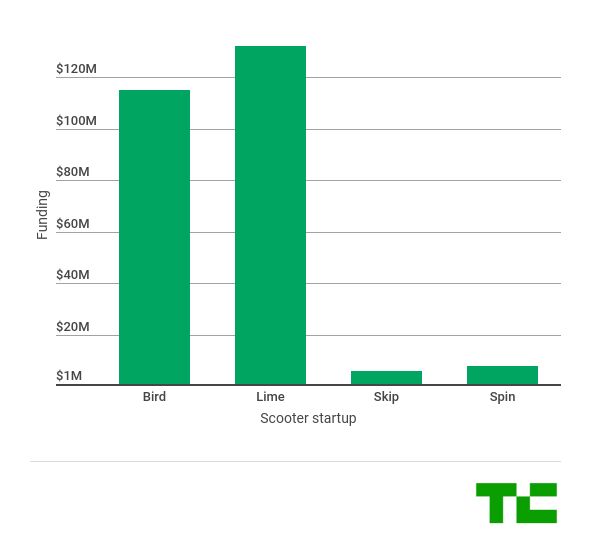Uber’s CEO is in Paris this week meeting with the French president to talk tech in Europe and expanding its insurance coverage in the region, but back in the U.S. the company is moving ahead on another kind of expansion.
TechCrunch has learned and confirmed that Uber is raising another secondary round of funding of up to $600 million, on a valuation of $62 billion. The fundraising development comes at the same time that Uber is also releasing its Q1 financials — which indicate that the company pulled in $2.5 billion in net revenues, with a net loss of $601 million, and negative EBIDTA of $304 million on a pro forma basis.
Raising between $400 million and $600 million on a valuation of $62 billion (at $40 per share) would indicate that while Uber is recovering from the drop in valuation from its last round with SoftBank at the end of 2017 — another round with secondary components that valued the company at $48 billion — it’s still not back up (or higher than) its loftiest valuation of $69 billion.
From what we understand, investors participating in the offering, which has yet to close, include Coatue, Altimeter and TPG. Uber employees with at least 1,000 shares can also participate in the financing. According to the terms of offer, no one can sell more than $10 million worth of shares.
That general upward trend is also being reflected in Uber’s financials.
An investor presentation that was shared with TechCrunch indicated that the company’s $2.5 billion in net revenues was a seven percent quarter over quarter increase, and a 67 percent increase year over year. Uber’s $304 million losses, meanwhile, were about half the amount they were last year: in Q1 2017, Uber’s adjusted losses were $597 million. Gross bookings — the total taken for all of Uber’s transportation services — was $11.3 billion in Q1, a 55 percent increase compared to $7.5 billion a year ago. At the end of Q1, Uber had $6.3 billion in gross cash.
GAAP numbers indicated net revenues of $2.6 billion with a GAAP profit nearly as big: $2.456 billion. “We had $3 billion of income on a GAAP basis because of the ‘gain’ from the Yandex and Grab deals,” a spokesperson said. “That’s why we prefer to focus on EBITDA as the best number to show our underlying business in the quarter.”
“We are off to a terrific start in 2018, with our rides business beating internal plan and continuing to grow at healthy rates, while we significantly reduce our losses and maintain our leadership position around the world,” Uber CEO Dara Khosrowshahi said in a statement. “Given the size of the opportunity ahead of us and our goal of making Uber a true mobility platform, we plan to reinvest any over-performance even more aggressively this year, both in our core business as well as in big bets like Uber Eats globally.”
In other words, that could mean losses might get worse in the short-term as Uber continues to invest money in businesses like Eats and JUMP, the bike-share service it acquired for about $200 million earlier this year to expand them into more markets. As with many tech companies, Uber appears to be focused more on growth than profitability, even as it eyes up an IPO, possibly as soon as next year.
Uber has raised over $21 billion in funding to date.


